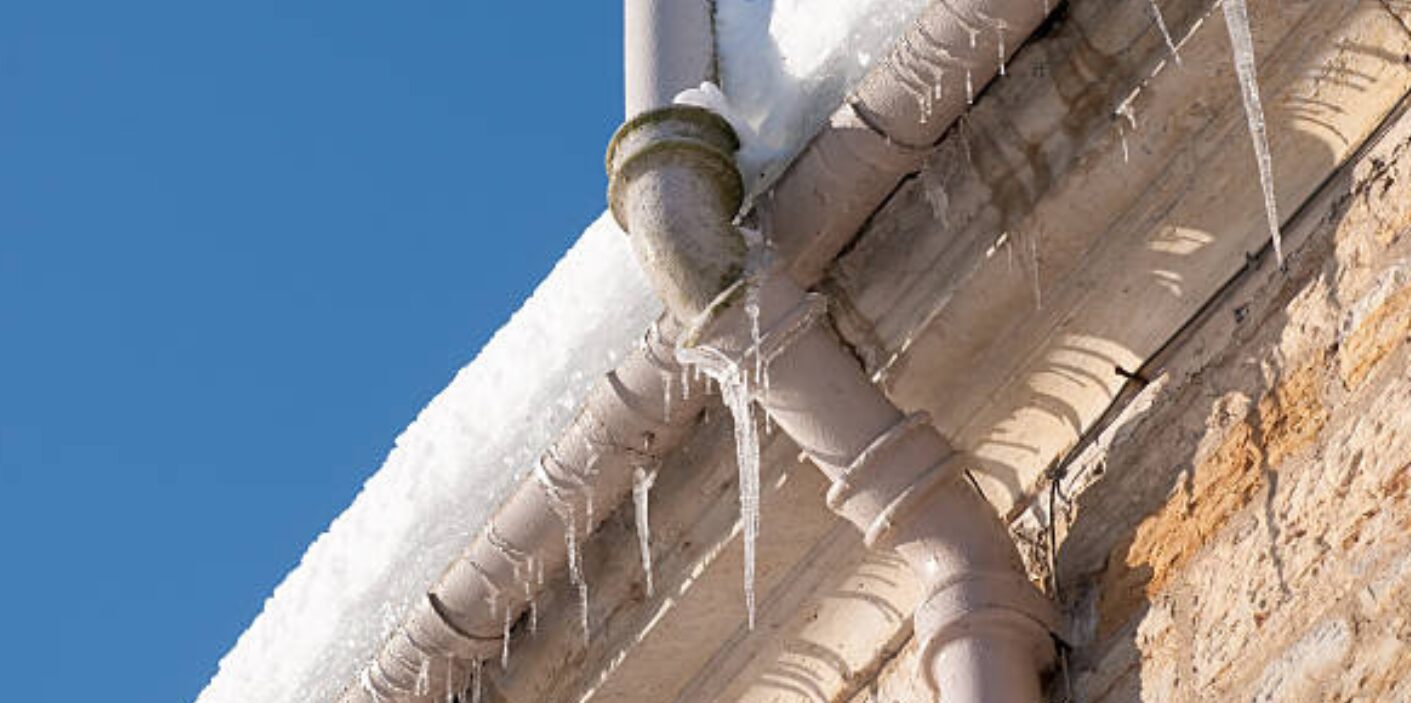Extreme weather conditions, from freezing temperatures to heavy rain, can cause significant damage to your plumbing system. Taking preventative measures protects your home or business and helps avoid costly repairs. Here are essential plumbing safety tips to keep your system safe during harsh weather.
Preparing Your Plumbing for Freezing Temperatures
When temperatures drop, frozen pipes can become a serious issue, potentially causing pipes to burst. To prevent this:
- Insulate pipes and outdoor faucets to protect them from extreme cold. Use foam pipe insulation or heat tape for exposed pipes in unheated areas like basements, garages, and crawl spaces.
- Disconnect garden hoses and cover outdoor faucets with insulated covers to reduce the risk of freezing.
For professional help with pipe insulation, contact Hard Knox Plumbing. For additional advice on pipe insulation, check out Energy.gov’s page.
Protecting Your Plumbing During Heavy Rainfall
Heavy rainfall can overwhelm your drainage system, leading to flooding and water damage. Prevent these issues by:
- Cleaning gutters and downspouts to direct water away from your home’s foundation.
- Ensuring sump pumps are in good working order to handle excess water in your basement.
Regular drain cleaning prevents blockages that can worsen during storms. Learn more about sump pump maintenance here. For drain cleaning services, trust Hard Knox Plumbing.
Maintaining Plumbing Systems in Heatwaves
Heatwaves can stress plumbing systems, leading to issues like reduced water pressure or leaks. Here’s how to stay prepared:
- Monitor water usage to avoid overloading your plumbing system. Check for leaks in high-demand areas, such as bathrooms and kitchens.
- Inspect irrigation systems for leaks, as excessive water loss during summer can increase utility bills.
For tips on conserving water, visit EPA’s WaterSense program.
Dealing with Plumbing Issues During Power Outages
Power outages can disrupt plumbing systems, especially if sump pumps or water heaters are affected. To stay prepared:
- Know the location of your main water valve and learn how to shut it off in case of an emergency, such as a burst pipe.
- Consider installing a backup generator to keep essential systems like sump pumps operational during power outages.
Get more tips on handling power outages from Ready.gov.
When to Call a Professional Plumber
While preventative measures help, some issues require expert assistance. Contact a professional if you notice:
- Persistent leaks or unexplained water damage
- Frozen or burst pipes
- Water heater malfunctions or reduced water pressure
Hard Knox Plumbing offers 24/7 emergency plumbing services to address these problems promptly. Regular inspections can also prevent small issues from becoming major repairs.
Protect Your Plumbing System Before the Next Storm
Extreme weather can take a toll on your plumbing system, but the right precautions and professional help can minimize risks. For expert plumbing services, visit Hard Knox Plumbing today. Keep your home or business safe, no matter the weather.
FAQ
- How do I know if my pipes are at risk of freezing?
Pipes in unheated areas like basements, attics, and garages are most at risk of freezing. Exposed pipes near exterior walls or in poorly insulated spaces should be insulated to prevent freezing. - What should I do if my pipes freeze?
If your pipes freeze, turn off the main water supply immediately to prevent them from bursting. Use a hairdryer or space heater to gradually thaw the frozen pipe, starting from the faucet and moving toward the frozen section. Avoid using open flames. - Can I prevent sump pump failure during a storm?
To prevent sump pump failure, check that it is functioning correctly before heavy rainfall. Clean the sump pit, test the pump by pouring water into it, and consider installing a battery backup system to keep it operational during power outages. - How often should I have my drainage system inspected?
It’s recommended to have your drainage system inspected annually, especially if your home is in an area prone to heavy rainfall. Regular inspections help prevent blockages and ensure the system is ready to handle extreme weather. - Are tankless water heaters better for extreme weather?
Tankless water heaters are less susceptible to freezing because they don’t store water. However, the pipes leading to and from the unit still need insulation. Tankless systems also perform well in high-demand situations, making them a reliable option during extreme weather.
For more assistance, contact Hard Knox Plumbing for expert advice and services
